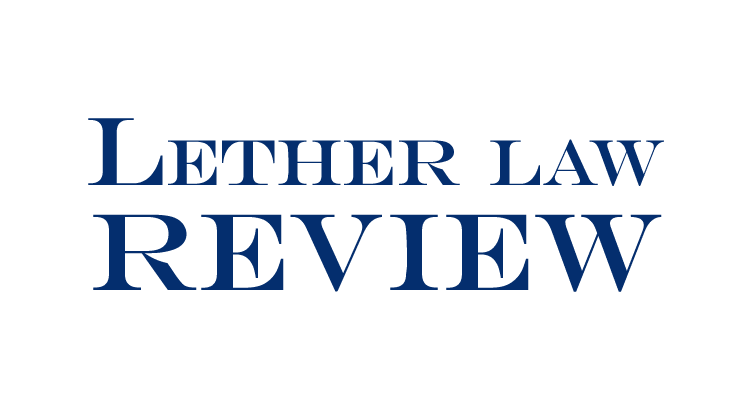One of the core principles of Constitutional law and interpretation that has recently come under greater scrutiny is the principle of substantive due process rights. Recent decisions from the United States Supreme Court have reshaped our understanding as to the viability of substantive due process protections and made clear that reliance on stare decisis may be tenuous relative to this principle. Substantive due process protections are often framed relative to rights implicit in the concept of ordered liberty or deeply rooted in American history and tradition. However, one protection, comparatively minor in comparison, is the prohibition of excessive punitive damage awards.
Constitutional limits as to punitive damages have been acknowledged by the Court for over 100 years. See: Seaboard Air Line R. Co. v. Seegers, 207 U.S. 73, 78 (1907). The notion is restated in Txo Prod. Corp. v. Alliance Res. Corp. 509 U.S. 443 (1993) where it was made clear that the constitutional prohibition of excessive punitive damage awards exists through substantive due process. In their dissent in TXO, Justice Scalia joined by Justice Thomas expressed disdain for the very existence of the proposition of substantive due process. More recently, Justice Thomas has urged in dicta that “in future cases, we should reconsider all of this Court’s substantive due process precedents…”. This dicta and recent Supreme Court holdings have increased the uncertainty of the viability of Substantive Due Process and the holdings which rely upon it.Justice Thomas’s prior concurrence in Cooper Indus. v. Leatherman Tool Grp., Inc., 532 U.S. 424, 443-44 (2001) compounds concern regarding the future viability of Constitutional protections against excessive punitive damage awards. “I continue to believe that the Constitution does not constrain the size of punitive damages awards…” Justice Thomas’s view is voiced again in his concurrence in Timbs v. Indiana, 586 U. S. (2019) “I decline to apply the ‘legal fiction’ of due process incorporation.”, and again in his concurrence in Ramos v. Louisiana, 140 S. Ct. 1390, 1424 (2020) “Due process incorporation is a demonstrably erroneous interpretation of the Fourteenth Amendment.”
While a bright line mathematical formula demarcating excessive vs. reasonable punitive damages was never judicially established, the due process protections were a safety valve against excessive awards. For over 100 years, parties relied on Constitutional limitations on punitive damages when contracting, underwriting, evaluating exposure, and analyzing risk. Considering the Court’s recent shift, reliance on this long-standing precedent may not be prudent.
Lether Law Group currently represents multiple insurers in coverage litigation in State and Federal Courts in Washington, Oregon, Idaho, Alaska, Hawaii, and Louisiana. If you have questions in regard to pending insurance claims and compliance with insurance law, please feel free to contact our office.

Kevin Kay
Shareholder
Kevin is a graduate of Pacific Lutheran University and Seattle University School of Law. He is licensed to practice in the state and federal courts of Washington and admitted to practice before the Ninth Circuit Court of Appeals. In addition, Kevin has appeared pro hac vice in courts in Louisiana and California. Kevin has represented insurers and insureds in coverage for 16 years. These claims involve personal and commercial auto policies, commercial general liability, professional liability, and E&O insurance. Kevin has also advised and represented risk pools, insurers, and insured in matters ranging from automobile/bus accidents to catastrophic landslides. His practice also includes construction defect disputes, personal injury claims, commercial leases, and significant property damage disputes.

